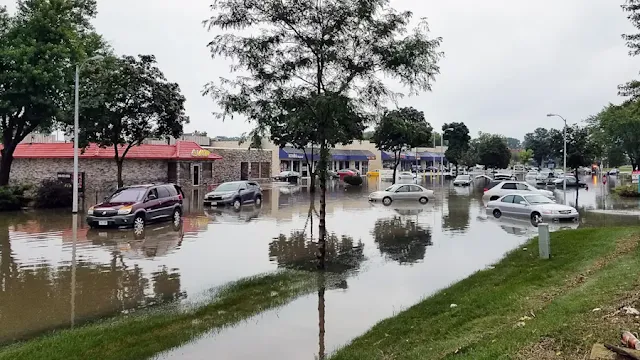Traveling can be an exhilarating experience, but it also comes with its own set of risks and uncertainties. One common concern for travelers is the potential loss or theft of personal belongings, such as a cell phone. Given the importance of cell phones in our daily lives for communication, navigation, and capturing memories, losing one while on a trip can be particularly distressing. This raises the question: does travel insurance cover a lost cell phone? In this article, we’ll explore the nuances of travel insurance policies to understand if and how they provide coverage for a lost or stolen cell phone.
Understanding Travel Insurance Coverage
Travel insurance is designed to protect travelers against various unforeseen events and expenses that may occur before or during a trip. Common coverages include trip cancellation, medical emergencies, lost luggage, and personal belongings. However, the specifics of what is covered can vary significantly between policies and providers.
Coverage for Personal Belongings
Most comprehensive travel insurance policies include coverage for lost, stolen, or damaged personal belongings, which can include cell phones. However, there are several factors to consider:
-
Policy Limits: Travel insurance policies often have limits on the amount they will reimburse for personal belongings. This limit might be lower than the value of a high-end smartphone, so it’s important to check your policy’s maximum coverage amount.
-
Deductibles: Many policies have a deductible that must be paid out-of-pocket before the insurance kicks in. Ensure you are aware of this amount and consider whether it makes a claim worthwhile.
-
Proof of Ownership and Value: Insurers typically require proof of ownership and value for the lost item. This means keeping receipts or having documentation that shows the original purchase price of your cell phone.
-
Exclusions: Some policies exclude certain types of personal belongings or specific scenarios under which the loss occurred. For example, if your cell phone was left unattended in a public place, it might not be covered.
Steps to Take if Your Cell Phone is Lost
If you lose your cell phone while traveling and want to make a claim on your travel insurance, follow these steps:
-
Report the Loss: Immediately report the loss to local authorities and obtain a police report. This documentation is often required by insurance companies to process a claim.
-
Contact Your Insurance Provider: Notify your travel insurance provider as soon as possible. They will guide you through the claims process and inform you of the necessary documentation needed.
-
Gather Documentation: Collect all relevant documents, including the police report, proof of purchase, and any other evidence of the loss or theft. Submit these documents along with your claim form.
Additional Tips for Protecting Your Cell Phone
While travel insurance can provide some peace of mind, it’s always best to take precautions to prevent the loss or theft of your cell phone:
- Use a Secure Bag or Pouch: Keep your cell phone in a secure, zipped pocket or bag that is difficult for pickpockets to access.
- Avoid Public Display: Don’t leave your phone unattended in public places or display it unnecessarily in crowded areas.
- Backup Your Data: Regularly back up your cell phone data to a cloud service or another device to ensure you don’t lose important information if your phone is lost.
Travel insurance can provide coverage for a lost cell phone, but the extent of that coverage depends on the specific policy and its terms. By understanding your policy’s limits, deductibles, and requirements, you can be better prepared to handle such an unfortunate event. Always read the fine print of your travel insurance policy and consider additional precautions to safeguard your cell phone while traveling.










